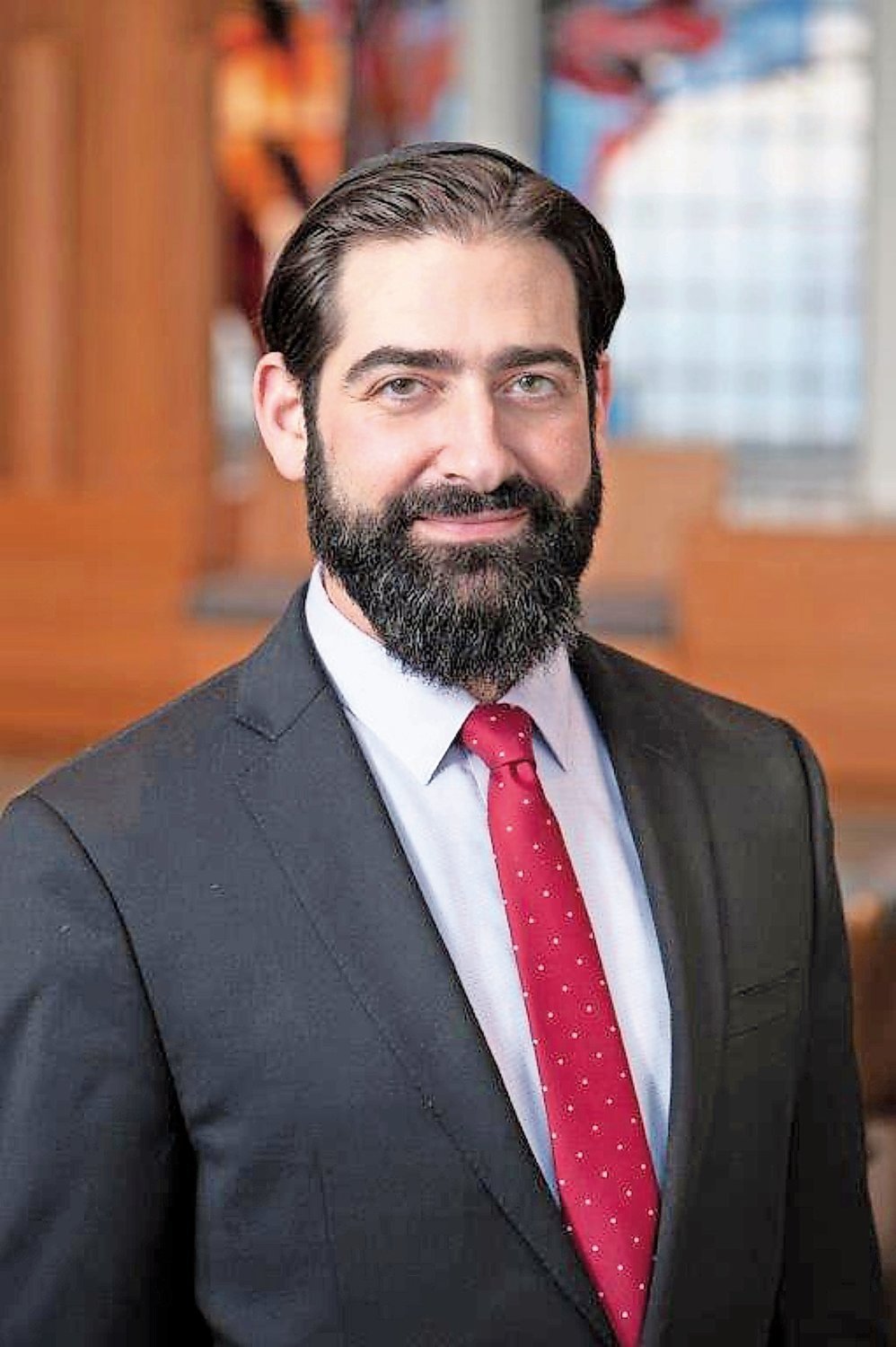Approach challenges with your best self this New Year
The Jewish community will be celebrating our New Year, Rosh Hashanah, on Sept. 7 and 8.
As was the case last year, this movement into a new season is a very welcome transition — it has been another challenging year. The great hope that Covid-19 was in the throes of defeat was dashed by the emergence of the Delta variant. In many ways, this year was even more emotionally difficult than before. We arrive at this moment with an understandable eagerness to move forward and to not look back. To keep putting one foot in front of the other, looking straight ahead, trying to just withstand the tempest until the storm waters recede and the rainbow illuminates the sky, finally marking the end of this plague.
But Jewish tradition encourages a different approach to the New Year. In fact, the literal definition of the Hebrew term Rosh Hashanah is “head of the year.” One understanding of the phraseology is that the concept of the New Year can be viewed as a head which has the ability to gaze both backward and forward. Indeed, traditional texts teach that it is crucial to look backward in order to gain the insights necessary to most effectively and thoughtfully move forward.
To the Jewish people, New Year’s Day is not merely a festive, celebratory day, but it is actually considered, “The Day of Judgment.” It is a time when we are instructed to be in a state of self-reflection in order to prime ourselves for personal growth. Despite the reluctance to look back, particularly in ugly times, we are challenged to try and peel back the layers of darkness and find the seeds of light within ourselves and within the world which can serve as the basis for future elevation.
There is a story in the Talmud of a Rabbi in Roman times who was approached by Caesar’s daughter after she heard him relate a brilliantly insightful teaching. Now this rabbi happened not to be the most pleasantly looking fellow, and so she asked him, “How can such glorious wisdom be contained in such an ugly vessel?” The rabbi responded to her with another question. He asked, “Does your father, Caesar, keep his most precious wine in simple clay vessels?” She responded, “Why, yes he does.” The rabbi said, “You, who are so important should rather put your most treasured beverages in silver and gold containers.”
So, she went home and told her father to put all of his wine in gold vessels. Caesar followed his daughter’s instructions and the wine ended up oxidizing and going sour. He then asked her who told her to do this, and she let him know that it was the homely rabbi, whom Caesar then summoned. When the rabbi arrived, Caesar asked him why he did what he did. The rabbi responded, “To demonstrate that sometimes the finest material is best held in the lowliest of vessels.”
We, as a society, have gone through another incredibly challenging year. We have experienced much loss, isolation and emotional strain. But we understand that an essential part of the human condition is that the amount by which we can grow is directly proportional to the degree of struggle we face. While not minimizing the harm caused by this seemingly endless pandemic, ugly vessels can contain very precious gifts. As we look back over this past year, where did we shine? Where did we step up? And, where did we miss the mark? How do we not merely try to weather the storm, but challenge ourselves to grow in the process? How can we expand this perspective to lift up those around us as well?
This pandemic has dragged on for so long, but we must not let it sour us in the process. It is my hope and prayer that we can still see the beauty in all of this ugliness. Because in this world, and in all of us, is a spark of the divine. This coming year, we should witness the end of Covid-19 as a threat to our well being, but while it is still with us, let us honestly ask ourselves if we are confronting this challenge with the best versions of ourselves. Let us all strive to make this world better for this coming year. L’Shanah Tovah U’Metukah — To a happy and sweet New Year.
Lerner is a rabbi at Congregation B’nai Sholom-Beth David in Rockville Centre.

 49.0°,
Fair
49.0°,
Fair 




